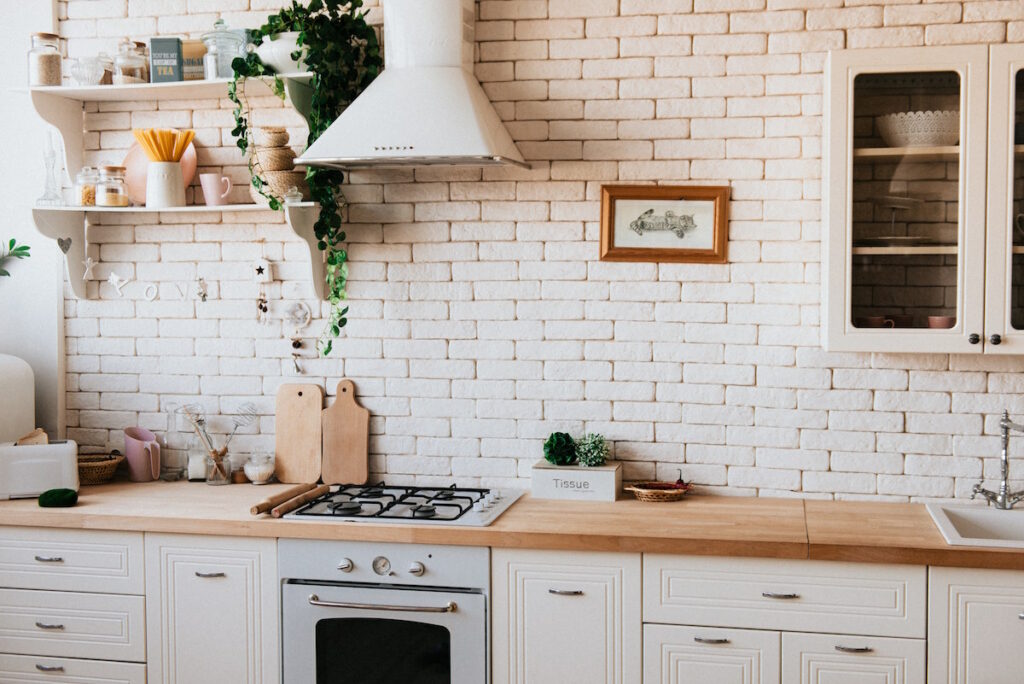Easy Swaps for a More Sustainable and Eco-Friendly Kitchen
Making your kitchen more sustainable and eco-friendly doesn’t have to be difficult or costly. Small changes in the way you shop, cook, and clean can have a big impact on the environment. By incorporating a few easy swaps, you can reduce waste, conserve resources, and make your kitchen a more sustainable space. Here are some simple changes to help you get started.
1. Swap Single-Use Plastic for Reusable Alternatives
One of the biggest sources of waste in the kitchen is single-use plastics. From plastic bags to plastic wrap, these items often end up in landfills and oceans. A simple swap is using reusable shopping bags made from fabric or jute. For food storage, opt for glass containers, beeswax wraps, or silicone bags instead of plastic wrap. These alternatives are not only better for the environment, but they also keep your food fresh and organized.
2. Choose Glass or Stainless Steel Instead of Plastic
When it comes to kitchen utensils, appliances, and containers, plastic is a popular choice, but it doesn’t last long and can leach harmful chemicals over time. Instead, choose glass, stainless steel, or bamboo options. These materials are durable, long-lasting, and more sustainable. Consider using stainless steel straws, glass jars for storing dry goods, and a bamboo cutting board to reduce plastic waste.

3. Compost Your Food Scraps
Food waste is a major contributor to landfills, where it produces harmful methane gas. Composting is an excellent way to reduce food waste and create nutrient-rich soil for your garden. You can compost things like vegetable peels, coffee grounds, and eggshells, which would otherwise be thrown away. Even if you don’t have a garden, you can find local composting programs in many communities, making it easy to recycle your food scraps.
4. Buy Locally Grown and Organic Produce
When shopping for fruits and vegetables, opt for locally grown and organic produce. Locally grown foods have a smaller carbon footprint because they don’t have to be transported long distances. Organic produce is grown without harmful pesticides or chemicals, making it better for both your health and the environment. Supporting local farmers also strengthens your community and promotes sustainable agricultural practices.
5. Reduce Water and Energy Use
In the kitchen, conserving water and energy is key to a more sustainable home. Instead of running the tap while washing dishes, fill up a basin or use a dishwasher with a water-efficient cycle. When cooking, use lids on pots to reduce cooking time and energy use. Opt for energy-efficient appliances like induction stoves, which use less energy than traditional electric or gas stoves, and invest in a pressure cooker to speed up cooking times and reduce energy consumption.
6. Choose Eco-Friendly Cleaning Products
Many conventional cleaning products contain harmful chemicals that can damage the environment. Swap them for eco-friendly alternatives made from natural ingredients like vinegar, baking soda, and essential oils. These non-toxic cleaners are just as effective as their chemical counterparts and safer for you and your family.

